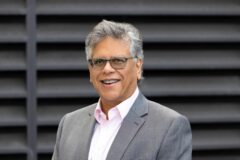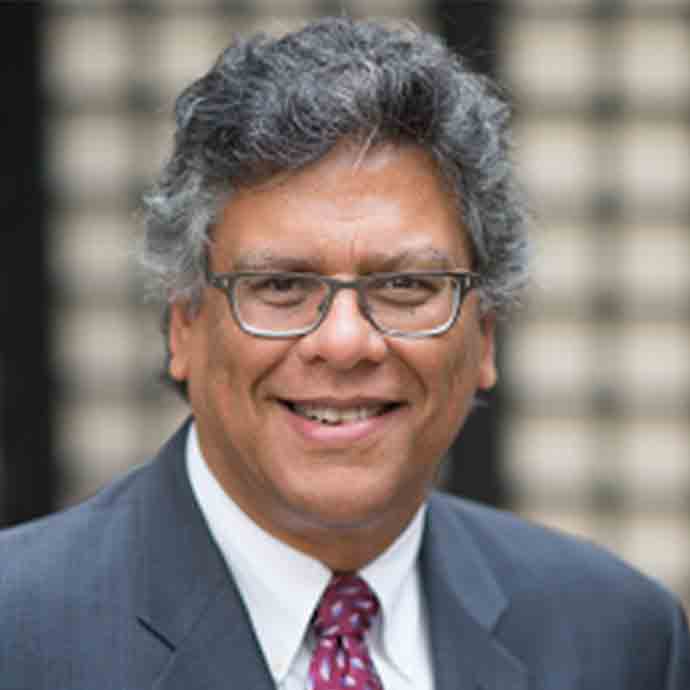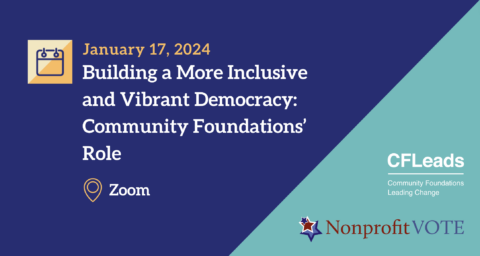FROM THE DIRECTOR
FEBRUARY 2020
During the last two quarters, several AFN chapters have chosen to more forcefully grapple with what it means to build wealth in an anti-racist, gender-equitable framework in their community. Whether we think about it as closing the racial/gender wealth gap or advancing racial and gender-wealth equity, there is a difficult framework to confront.
It is appropriate to begin understanding that today’s documented chasm in wealth by race, ethnicity, and gender is the product of overtly racist, sexist and xenophobic policies and practices that explicitly excluded Blacks, Latinx, many Asians and Native Americans.
While the worst overt public policies have been eliminated, the economic impact endures. Today’s wealth inequities are the result of decades of advantage for some and systemic exclusion from wealth building and inter-generational wealth transfer for others.
The government powered home/land ownership segregation of redlining created a head start for white families in intergenerational transfer. Too often, today’s private practices for market valuation remain rooted in historical redlining of community risk.
Despite laws designed to stop discrimination, capital investment continues to flow in paltry amounts to women and people of color who are business owners. Networks among those in power or in decision making about wealth investments are overwhelmingly contributing to this lasting exclusion.
And new public policies are producing over-incarceration, fees and fines, and wage stagnation as well as crushing medical and student debt that disproportionately impact people of color and women. These newer policies exacerbate the legacy of disadvantages.
So why is it necessary to think about these facts as you look forward toward a more equitable future? Frankly, to avoid not boldly going forth to do what is needed.
Neutrality about wealth extraction and the continued inequities is not the same as being against the legacy of discrimination and for advancing equity in a systemic way. Indeed, policies that are neutral by proclaiming inclusivity without intentionally trying to undo the legacies of exclusion, are likely perpetuating the inequitable effect.
Philanthropy can lead the way to achieve narrative and systemic change and create opportunities in an equitable playing field. Embracing a direction to intentionally drive inclusive and equitable wealth building is what AFN members are moving toward.
That goal needs champions in community and intentional actions from non-profits, local governments, and whenever possible from the private sector.
Doing what is right to achieve equitable wealth building will require uncomfortable conversations with decision makers, grantees, and peers about what drove racial and gender inequities and extraction economics that fed on inequity, massive incarceration, public disinvestment in education, and ultimately led to wealth denial and stripping.
The solutions require structural change if we are to ensure the intended populations are able to build wealth and are not subjected to new predatory wealth stripping by those threatened by equitable wealth building. Join AFN members to help lead the way.
Take a look at the other offerings at AFN including the recently released:
- Client Engagement and Retention – outlining strategies to boost client retention and engagement to participate in different systems and to build wealth; and
- Investing in the Future of Our Community – a case study on funder’s motivations for supporting Children’s Savings Accounts (CSAs) to build hope and aspiration to build a larger pool of future post-secondary students.
Additionally, as you receive this AFN will be launching From Surviving to Thriving: Ensuring the Golden Years Remain Golden for Older Women exploring the systemic and structural causes and potential solutions to address economic insecurity and predation of women age 65+.
Finally after you join AFN, convene with your peers at our upcoming “Region to Region” Conference scheduled for June 11 – 12 in Chicago, to share community-focused and regional efforts. This unique opportunity provides funders a way to grow their professional network and learn the latest strategies to be more effective.




